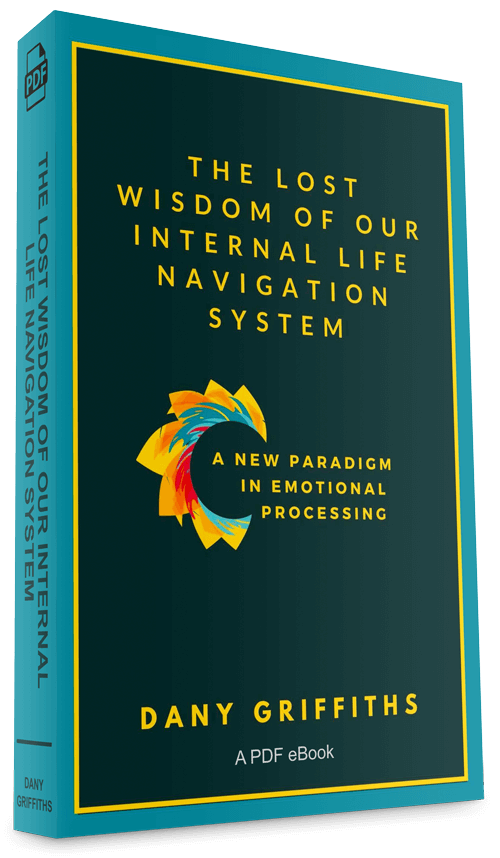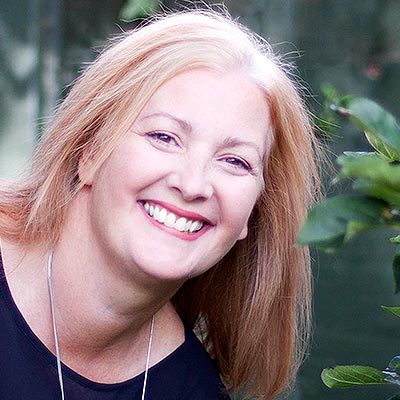But infertility affects anyone in all careers
Balancing fertility treatment and work can be challenging for anyone in any profession. There’s the initial jarring thought ‘do I tell my boss?’ and then the second conflicting thought that follows: ‘will they pay me for the time I’m at appointments?’, and let’s face it, who can afford unpaid leave at the best of times, never mind when paying out costly fertility treatment.
The Public Sector
Those who work in the public sector in the UK face a separate set of challenges. The public sector are already on their knees as thousands of staff walk each year due to overwhelming workplace environments leading to them feeling over stretched and undervalued.
The public sector are battling a recruitment and retention crisis, which doesn’t always bode well when staff wish to take time away from work for assisted conception. There is also the issue of presenteeism, with the expectation that staff work longer hours than they are contracted.
Watch this video when I was a panellist alongside a representative from the MET police and the NHS as we discussed solutions for HR and leaders in the public sector.
Making fertility treatment and teaching work
Many school leaders struggle to justify paying for cover for the teacher who ‘elects’ to have treatment, with many also grappling to find compassion or patience to support their staff in having a family of their own when it interferes with business.
The result being teachers find themselves stuck between juggling fertility treatment and teaching, and with this follows anxiety and poor emotional wellbeing. They find themselves desperate, at a loss of what to do- give up their careers to focus on having a baby or try to do both.
Some of the challenges for teachers trying to conceive through assisted conception are (but aren’t limited to):
- Feeling guilty for being the colleague who is ‘always off work’
- Facing frustrated parents who want to know why their child’s teacher is off ‘again’
- Panicked by the inability to answer phone calls from the fertility clinic whilst teaching
- Feeling lost when presented with inflexibility from their employer
- Angry at a lack of understanding from employer
But the key message here is, it doesn’t have to be this way. Thousands of teachers have made fertility treatment work with the help of a supportive leadership team and by looking after their emotional wellbeing.
Fertility Treatment and Teaching Survey - what is it
Female teachers from England and Wales who have had fertility treatment within the last 10 years are invited to answer questions around their wellbeing whilst combining treatment with teaching. The data will indicate how emotional wellbeing is impacted when going through assisted conception.
The data will also provide a clear indication into just how fertility friendly schools are (or aren’t).
Why the survey matters
Every year 6,000 teachers leave the classroom. This survey will give us a better insight into how many of these teachers could be quitting due to the balancing act of teaching full time whilst trying to conceive through assisted conception.
For the first time school leaders will be presented with exclusive research that tells them how they can make a difference to keeping female teachers in the classroom who are trying to conceive.
My mission is to make schools fertility and female friendly places to be.
Work with me
If you’re a female teacher struggling to conceive and want to find out how you can make a difference then you can do 2 things:
- Complete the Fertility Treatment and Teaching Survey to share your experience and what you think needs to change. Responses will remain anonymous.
- Book a free 30 minute chat with me to find out how the Freedom Fertility Formula can make a difference to you.
Bio
Former secondary school teacher, turned Consultant and Freedom Fertility Formula specialist Caroline Biddle is founder of Fertility Issues in Teaching.
Caroline works to destigmatise infertility in the workplace, making schools fertility friendly for ambitious women trying to conceive through assisted conception. She believes that women can have the career they have always wanted in education as well as having the baby they dream of.








